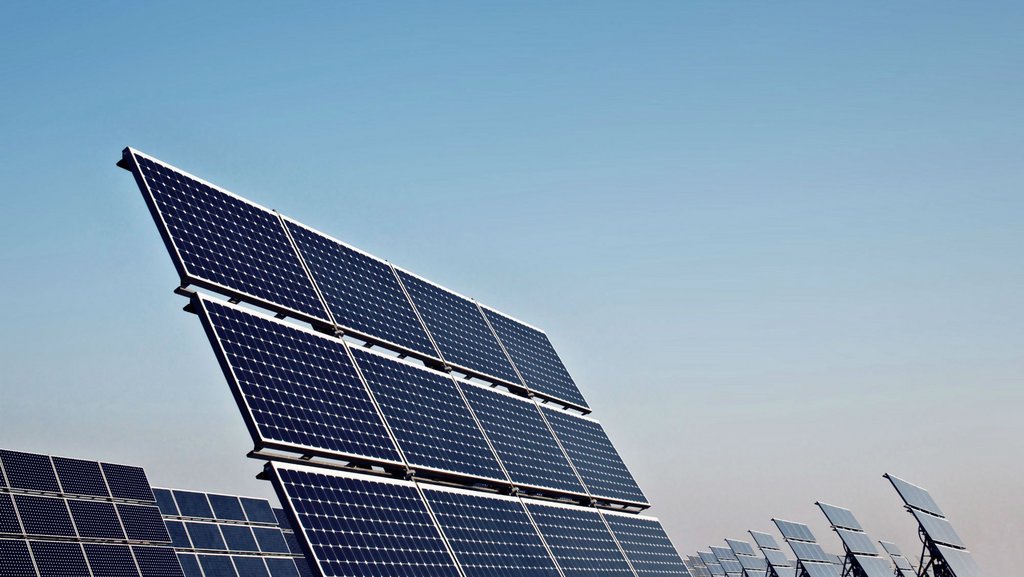Research - 07.09.2016 - 00:00
8 September 2016. Solar photovoltaic and wind energy are retail investors’ first choice. These technologies are preferred over small-scale hydropower and biomass. Investment volumes vary following diverse investor preferences. About one in three potential investors would participate with investment volumes up to 1,000 Euros. Even though retail investors estimate the risk profile of such projects comparable to investments in start-ups or small companies, 29 per cent and 19 per cent evaluate their potential investment volume much higher with 5,000 and 10,000 Euros. Only a low number of surveyed retail investors perceive the risk profile of renewable energy investments similar to lower risk alternatives, such as a pension plan or a savings account. While 35 per cent of respondents rely on a simple assessment of the payback period, 27 per cent frankly say that they trust their gut feeling when making investment decisions.
Moderate yield requirements
In comparison to solar photovoltaic or wind power capacity, retail investors demand a risk premium of 1.44 per cent in case they invest in small-scale hydropower. As concerns the project location, survey participants indicate a slight preference for projects in their own neighbourhood compared to nation-wide projects. This may indicate that citizen participation can invert the much discussed "Not in my backyard" (NIMBY) theory to its opposite: "Please in my backyard" (PIMBY). Distinctive differences emerge when it comes to the selection of partners: local utility companies and energy cooperatives are substantially more popular than financial investors. If German citizens were to entrust their capital to financial investors, they would require a risk premium of 2.67 per cent.
Two target groups: "local patriots" and "yield investors"
Following their distinct preferences, the surveyed retail investors can be divided into two target groups. One group, the "local patriots" (53.5 per cent), displays clear preference for local power generation together with locally rooted partners. In return, they forgo yields on local projects. The second group, the "yield investors" (46.5 per cent), puts clear emphasis on attractive returns, making the local component less pronounced. Both groups show clear preference for shorter holding periods (2-5 years) while demanding a risk premium of 2.76 per cent for a holding period of ten years.
The representative survey investigated 1,990 citizens of the Federal Republic of Germany. The survey focused on a choice experiment and determined investment as well as risk-return preferences of German retail investors. The academic lead was in the sole responsibility of the Chair for Management of Renewable Energies from University of St.Gallen. The project was financially supported by the Swiss Competence Centers for Energy Research (SCCER).
Picture: Photocase / suze
More articles from the same category
Discover our special topics
